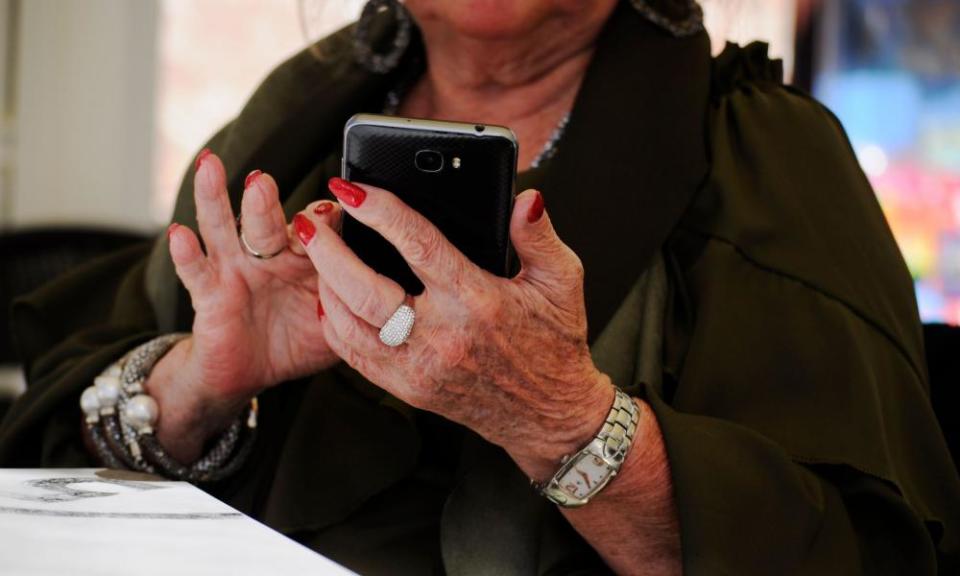Digitalisation of services and money is creating a two-tier society

Thank you for highlighting the issue of digital exclusion (Editorial, 23 June). A similar problem is developing with digital payments. For what to many is innocent and inevitable progress, the millions of people in the UK who still rely on cash to live their lives are starting to find themselves excluded from parts of society, with many businesses and even organisations such as community sports centres only accepting card payments.
I recently met a Big Issue seller who, despite being provided with a free card reader, couldn’t afford the data for his phone to be able to use it. He is now struggling to sell the magazine because so few shoppers in his area carry cash. It’s vital that the government acts soon to protect access to cash, and I encourage readers to carry a little loose change and occasionally pay in cash, to ensure the continued viability of the system for those who rely on it. We will regret it if it disappears.
Andy Beverley
London
• How right you are to point out the problems with the increasing digitalisation of society. Our local bank has abolished counter services, restricting access for many customers who find cashpoints or online banking beyond them.
These, as you point out, are mainly elderly people, or those who cannot afford internet connections or are in temporary accommodation – in other words, the already disadvantaged. My late aunt, whose local branch was closed, had to give her debit card to her cleaner, along with her pin, to obtain cash. Is this what banks are encouraging?
Railway services, utility companies and councils must keep easily accessible public counters and phone numbers, or our society will be more divided than ever.
Jane Ghosh
Bristol
• Have an opinion on anything you’ve read in the Guardian today? Please email us your letter and it will be considered for publication.

 Yahoo Finance
Yahoo Finance 